The Potential Game Project of the “Father” of Dragon Nest
After nearly two years since the first trailer was revealed, Dragon Sword – the action role-playing game (ARPG) developed by HOUND13 – has finally been officially launched globally. Previously known under the codename Project D, this game has attracted significant attention due to its ties to the development team behind the legendary Dragon Nest. As we approach the current launch, the community has been eagerly sharing images and directions for this new product.
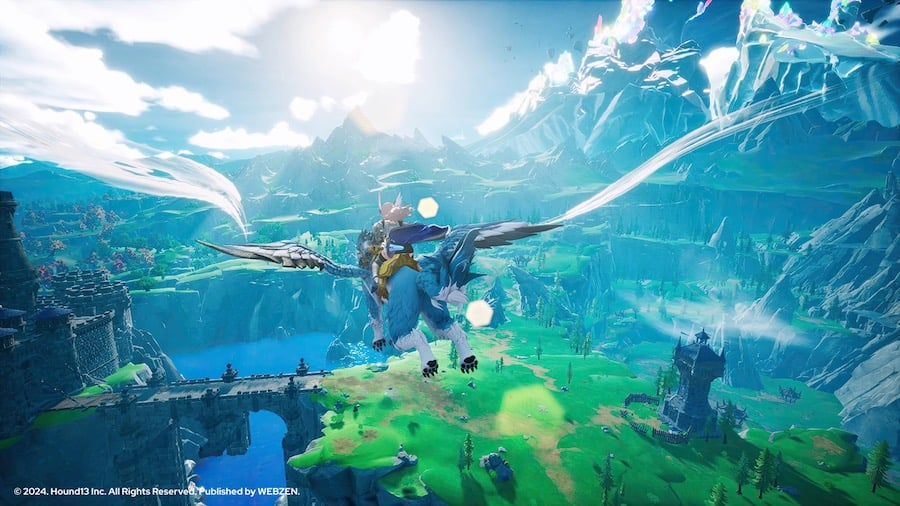
It is worth noting that Dragon Sword is a multi-platform game (PC and mobile), developed using Unreal Engine 5 – a powerful graphics engine currently leading the industry. According to shares from the developer HOUND13, the game emphasizes a “manual combat” style, without auto-play, focusing on skill depth – a signature element that defines the success of their previous title, Hundred Soul. The game promises a semi-open world experience, with quests tailored to the player’s level and characters rich in emotional depth.
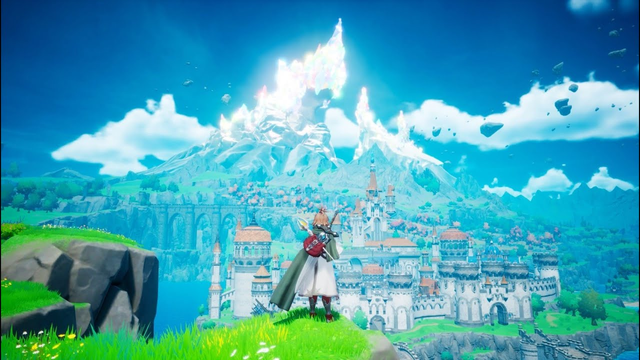
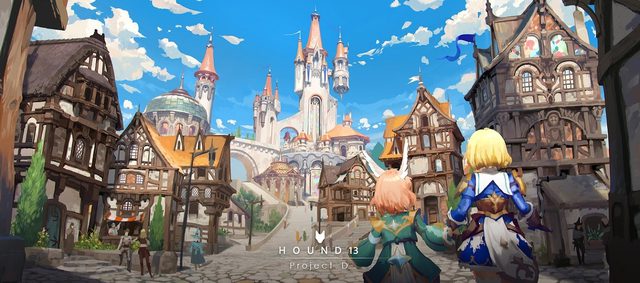
Although the official release date has not been determined, Dragon Sword is expected to be globally published by Webzen – a significant name in the South Korean gaming industry. Before this, HOUND13 also received a substantial investment from Garena (up to 20 million Won), indicating a strong financial backing for this project.
Will Dragon Sword Live Up to the Expectations Set by Dragon Nest?
However, contrasting with the financial support, the first images and gameplay released have left many players feeling disappointed. The aesthetic direction of Dragon Sword leans towards bright and cheerful tones, which somewhat departs from the darker themes that fans of Dragon Nest have come to appreciate, particularly the intense experiences of combat in Hundred Soul.
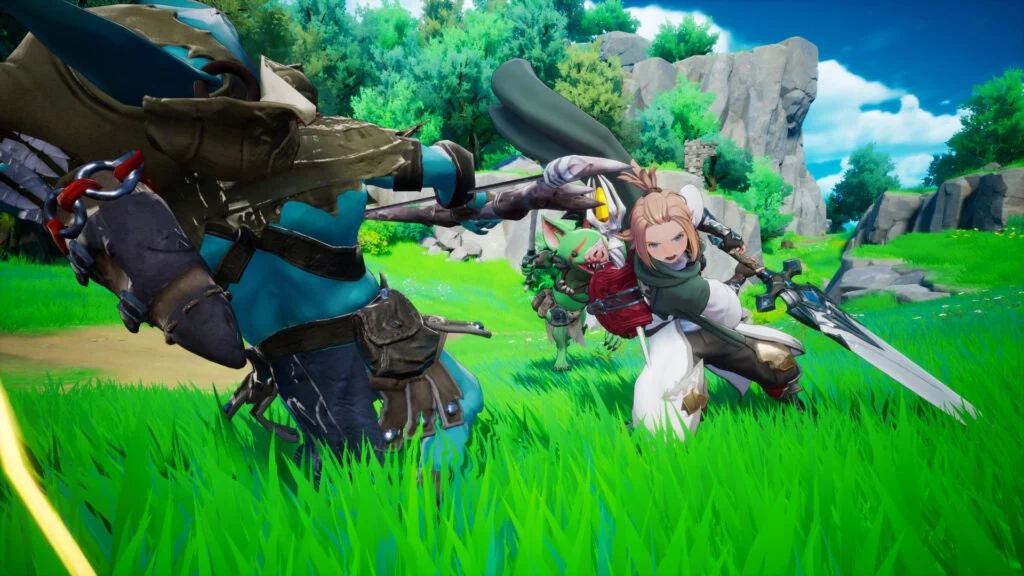
Moreover, the character designs appear to cater to a younger audience, making it challenging for older players to connect with the game’s aesthetic. Many opinions suggest that Dragon Sword may struggle to carve out a niche in the already crowded Gacha market.
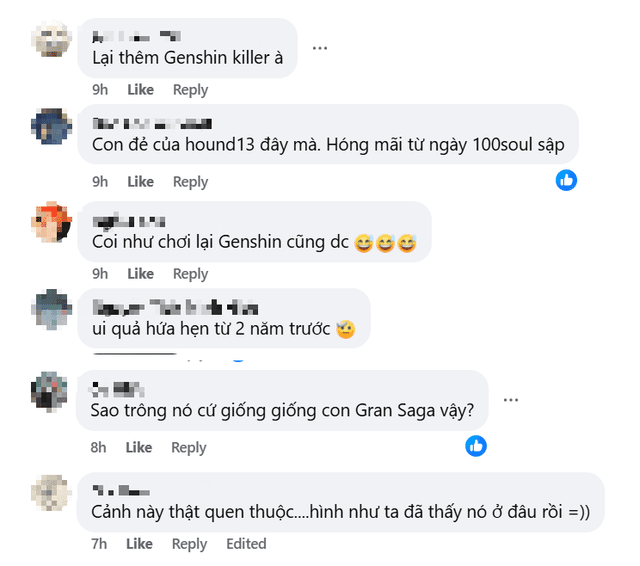
In conclusion, after two years of development, Dragon Sword has finally emerged into the spotlight with some skepticism from the community. Will the “father” of Dragon Nest manage to make a comeback, or will Dragon Sword become another lost opportunity in the vast sea of current Gacha games?





















